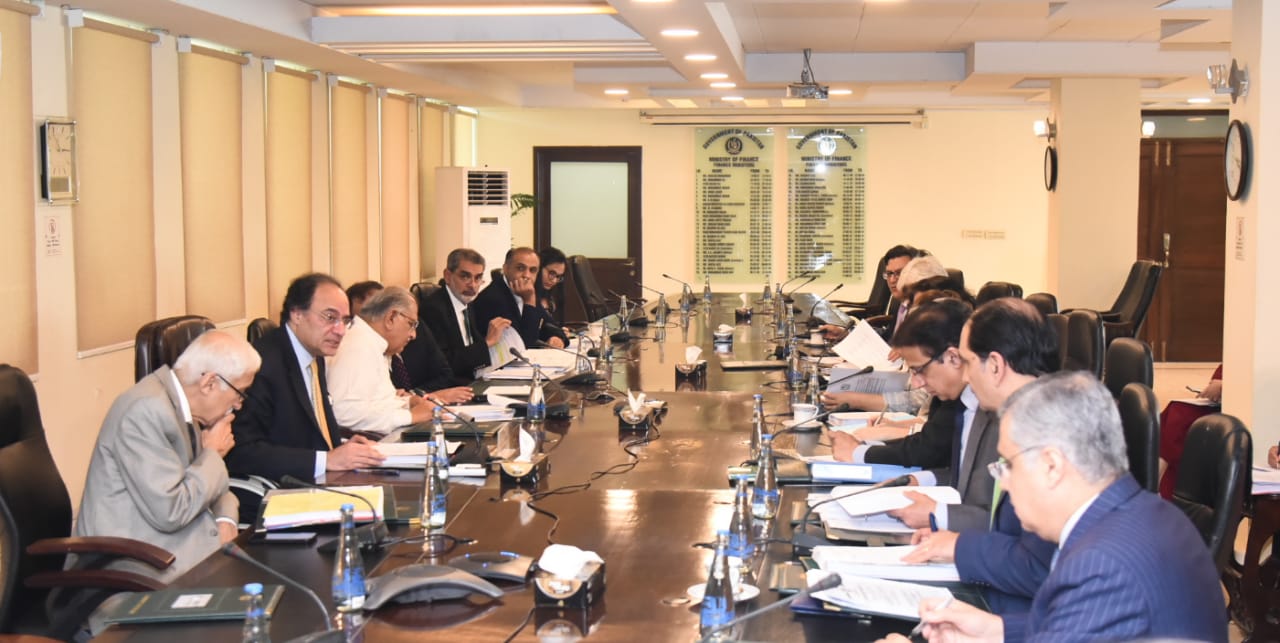Mohsin Siddiqui (Chief Reporter)
The government has decided to introduce significant amendments to the Finance Bill 2024, aiming to provide non-filers with an opportunity to comply with tax regulations before facing severe penalties such as the blockage of SIM cards or bans on foreign travel. These amendments reflect the government’s approach to encouraging tax compliance while addressing concerns raised by various stakeholders.
The proposed amendments in the Finance Bill 2024 focus on several critical areas, including non-filers, wealth statements, foreign assets, and withholding tax-related provisions. These changes are designed to create a more balanced and fair tax system while promoting compliance among all taxpayers.
In response to the Senate Finance Committee’s recommendations, the government has decided to provide non-filers an opportunity to file their tax returns before being subjected to restrictions on foreign travel. Initially, the Federal Board of Revenue (FBR) had proposed that non-filers should not be allowed to travel abroad. However, the revised approach offers a grace period for non-filers to meet their tax obligations.
The government has also introduced exceptions to this rule, allowing non-filer individuals to undertake religious pilgrimages such as Umrah or Hajj. Additionally, students are exempted from the requirement to file tax returns, recognizing the financial and logistical challenges they may face.
To further streamline tax regulations, the FBR has included an explanation in the Finance Bill regarding the inclusion of a spouse’s assets in a taxpayer’s wealth statement. According to the amendment, the assets of a spouse will only be included if the spouse is dependent on the taxpayer. This clarification aims to address ambiguities and ensure accurate reporting of assets.
Another significant change proposed in the Finance Bill is the transfer of cases from the Commissioner of Appeals at the FBR to the Appellate Tribunal. The amendment adds an explanation stating that any reference against an order of the Commissioner (Appeals) received after the commencement of the Tax Laws (Amendment) Act, 2024, will lie before the High Court if the assessment value or tax refund exceeds twenty million rupees. This change aims to expedite the appeals process and reduce the backlog of cases.
These amendments underscore the government’s commitment to encouraging tax compliance and transparency. By offering non-filers a chance to rectify their status before imposing penalties, the government hopes to increase the number of taxpayers and boost revenue collection. At the same time, the exceptions for religious pilgrimages and students demonstrate a balanced approach that considers the diverse circumstances of individuals.
The amendments to the Finance Bill 2024 have broader implications for Pakistan’s tax system and economic landscape. Key aspects include:
Taxpayer Inclusion: The amendments aim to bring more individuals into the tax net by providing a grace period and clear guidelines for compliance. This approach is expected to enhance the overall tax base.
Revenue Generation: By increasing compliance, the government anticipates a rise in revenue collection, which is crucial for funding public services and infrastructure projects.
Administrative Efficiency: The changes in the appeals process are designed to improve administrative efficiency and reduce delays in resolving tax disputes.




